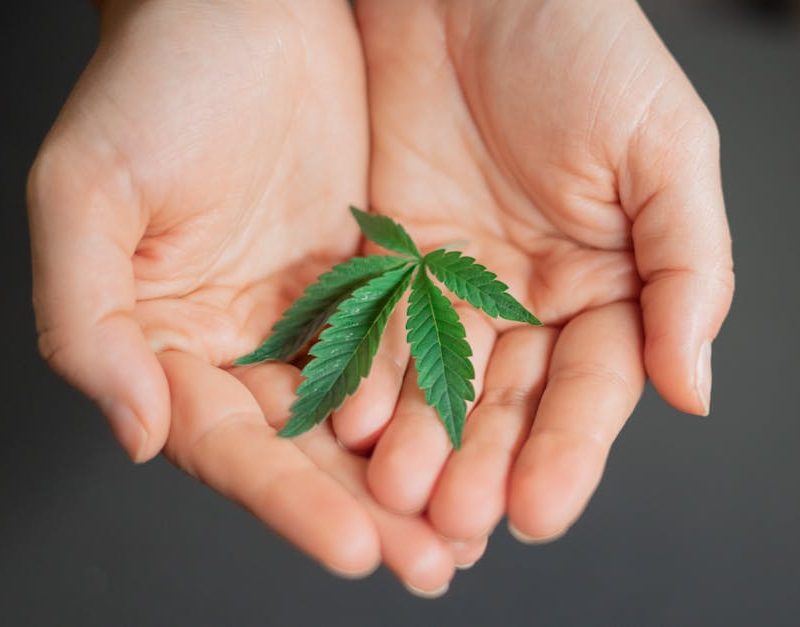In recent years, Denmark has witnessed a significant shift in its attitude towards marijuana, with many advocating for its legalization․ As a result, a new trend has emerged ౼ marijuana delivery services․ This phenomenon has gained popularity, especially among the younger population, who value convenience and discretion․
The Rise of Marijuana Delivery Services
Marijuana delivery services have sprouted up in major cities across Denmark, including Copenhagen and Aarhus․ These services offer a wide range of cannabis products, from flowers to edibles, and even CBD-infused goods․ Customers can browse products online, place orders, and have them delivered to their doorstep, often within a few hours․
How it Works
The process is relatively straightforward․ Customers download an app or visit a website, browse the available products, and place an order․ They are then asked to provide their address and payment details․ Once the order is processed, a delivery driver will bring the products to the customer’s doorstep, often in plain packaging to maintain discretion;
Benefits and Concerns
The rise of marijuana delivery services has several benefits, including increased convenience and reduced stigma around cannabis use․ However, concerns have been raised about the lack of regulation and quality control․ As the industry continues to grow, it is likely that the Danish government will need to establish clear guidelines and regulations to ensure customer safety․
Future Outlook
As Denmark continues to navigate its cannabis laws, the marijuana delivery market is expected to continue growing․ With more and more people turning to online platforms to access cannabis products, it is likely that we will see further innovation and expansion in this space․ Whether or not the government will choose to regulate the industry remains to be seen, but one thing is certain ౼ marijuana delivery is here to stay․
- Key cities: Copenhagen, Aarhus
- Products: Cannabis flowers, edibles, CBD-infused goods
- Delivery: Often within a few hours, plain packaging
Marijuana delivery services are changing the way Danes access cannabis products․ As the industry continues to evolve, it will be interesting to see how the government responds to the growing demand for regulated and safe access to cannabis․
Regulatory Challenges
Despite the growing demand for marijuana delivery services, the industry operates in a gray area in Denmark․ The country’s laws on cannabis are strict, and the sale and possession of marijuana are technically illegal․ However, in 2018, Denmark introduced a four-year pilot program allowing for the medical use of cannabis, which has paved the way for the emergence of CBD products and other cannabis-related businesses․
Quality Control and Safety
One of the major concerns surrounding marijuana delivery services is the lack of quality control and safety measures․ Without proper regulation, there is a risk that products may be contaminated or mislabeled, posing a risk to consumers․ To mitigate this risk, some delivery services are taking steps to ensure the quality of their products, such as sourcing from reputable suppliers and conducting third-party testing․
Impact on Local Communities
The rise of marijuana delivery services has also raised concerns about the impact on local communities․ Some worry that the increased availability of cannabis products will lead to an increase in crime and disorder, while others argue that it will help to reduce the black market and improve public safety․
Future Developments
As the marijuana delivery industry continues to evolve, it is likely that we will see further innovation and expansion․ Some companies are already exploring new products and services, such as cannabis-infused beverages and subscription services․ Others are investing in technology, such as online platforms and mobile apps, to improve the customer experience and streamline operations․
International Comparisons
Denmark is not alone in its growing cannabis market․ Countries such as Canada and the United States have already legalized cannabis for recreational use, and others, such as Germany and Australia, have established medical cannabis programs․ As the global cannabis industry continues to grow, Denmark is likely to look to these countries for guidance on how to regulate its own market․






It